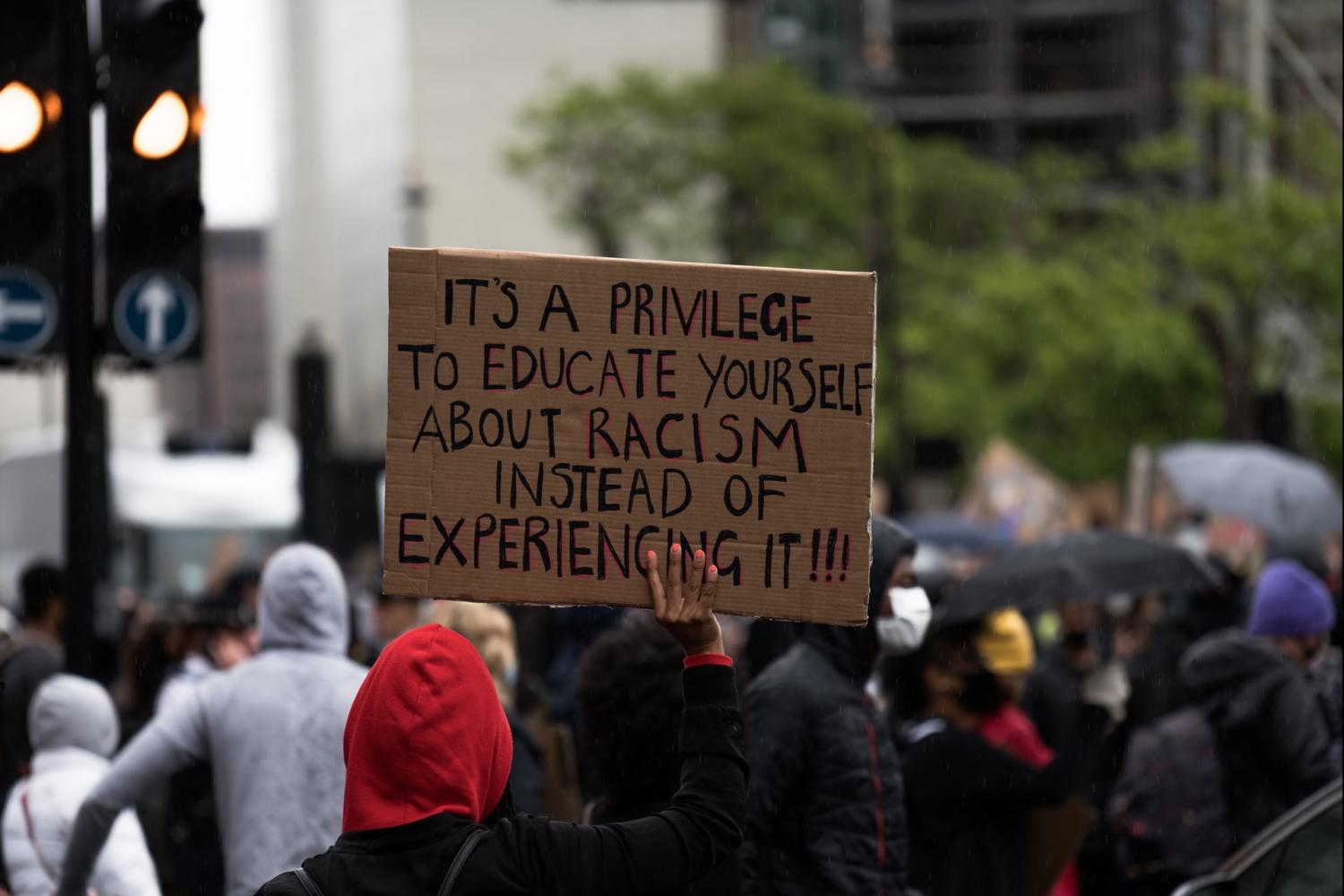
In the wake of last summer’s social unrest after the murders of Ahmaud Arbery, Breonna Taylor and George Floyd, Black Americans witnessed a tidal wave of public statements of support and “we stand with” pledges from corporations that previously were never experienced. Nevertheless, much of corporate America still hasn’t matched their words with deeds. To that end, the recent launch of the Black Dollar Index offers consumers and investors a platform by which they can gauge companies’ commitments to economic and social justice and hold them accountable.
As corporations began to pledge their support, it became imperative to create a platform for consumers to hold corporations accountable and seek transparency on these commitments moving forward.
According to Kelle Rozell, the founder of the Black Dollar Initiative, this tool is a start to ensure that the change oft-promised last summer comes to fruition. From Rozell’s point of view, it’s all about having that ongoing honest conversation with U.S. corporations and their leaders.
“In most cases, transparency is the first step. Some companies could quickly increase their score by simply being transparent about their workforce data,”she said during an email exchange with TriplePundit. “From there we would seek out the opportunities in the blind spots, i.e., ‘your workforce looks great, but you haven't committed to Supplier Diversity,’ or ‘you really need to focus on hiring more Black executive level candidates.’”
So far, the conversations with companies appearing on the list have been constructive. When 3p asked if there has been any criticism or challenges about the rankings, Rozell replied, “[There was] no pushback, but we have had healthy dialogue to break down how we got to the score and opportunities to be better. A lot of these companies are just beginning with their roadmaps for diversity, so they know there is work to do, but want to share steps that they are actively taking. I think we will see a lot of growth a year from now.”
So far, Black Dollar Index researchers have evaluated the performance of more than 100 companies in the Fortune 1,000. To arrive at a company's rating, 80 percent of the companies’ scores are tied to quantitative data, based on such factors as the percentage of Black citizens working within the companies ranks, from individual contributors to the C-suite. As for the rest of the score, it’s qualitative, but straightforward: A yes or no on known negative race-related claims, investments in Black initiatives and if a supplier diversity initiative exists are among those data sets.
Some would argue that whether a company is truly an “ally” of Black America, or not, is a matter of perception. But resources like the Black Dollar Index help put such arguments to rest and allow consumers and investors to make up their minds about their purchasing and investment decisions based on consistent lineup of facts.
"We believe that the Black Dollar Index is an accountability tool towards real infrastructural change. Corporations play a huge part in the overall economy, policy making, and development of local communities,”added Rozell. “If we can use our dollar and cultural currency to affect their bottomline and in turn shift their priorities in how they hire us and give back, we could see real change for Black America in years to come."

Leon Kaye has written for 3p since 2010 and become executive editor in 2018. His previous work includes writing for the Guardian as well as other online and print publications. In addition, he's worked in sales executive roles within technology and financial research companies, as well as for a public relations firm, for which he consulted with one of the globe’s leading sustainability initiatives. Currently living in Central California, he’s traveled to 70-plus countries and has lived and worked in South Korea, the United Arab Emirates and Uruguay.
Leon’s an alum of Fresno State, the University of Maryland, Baltimore County and the University of Southern California's Marshall Business School. He enjoys traveling abroad as well as exploring California’s Central Coast and the Sierra Nevadas.














